Child Anxiety is Real
A moving and personal guest post about child anxiety. This post may be a trigger for some. It was written by Shire Lyon and I really thank her for sharing her story with us on such an important topic.
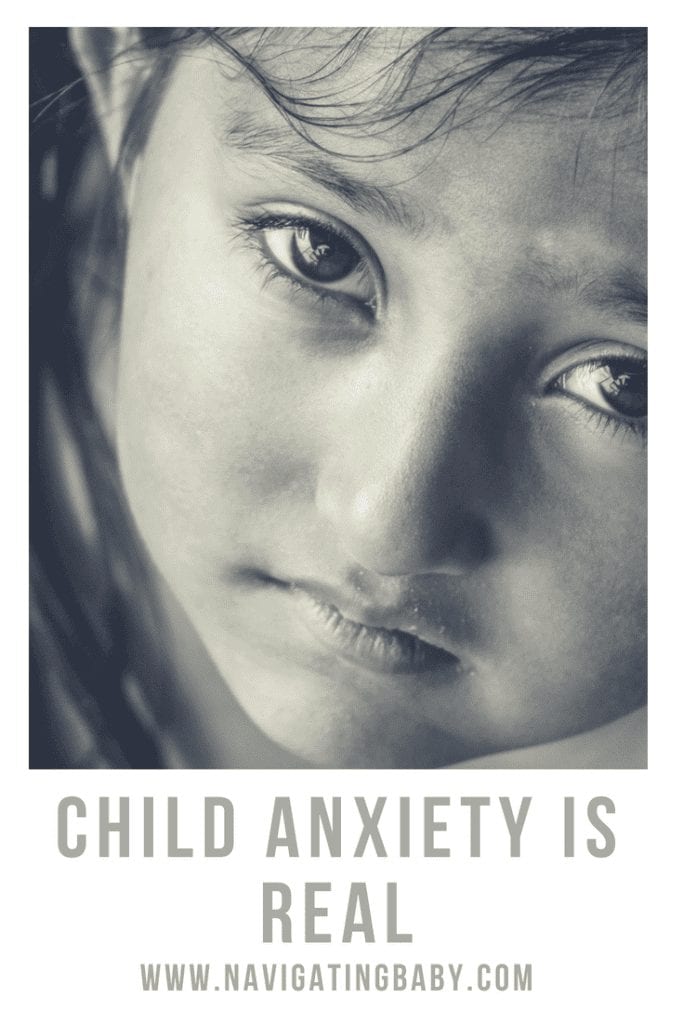 Child anxiety – it’s something that many people don’t believe exists. Other parents whose children don’t have it just give you a sort of sidelong glare. They don’t even seem to accept it’s possible. You feel like a bad parent, and you feel alone. That was my story at least.
Child anxiety – it’s something that many people don’t believe exists. Other parents whose children don’t have it just give you a sort of sidelong glare. They don’t even seem to accept it’s possible. You feel like a bad parent, and you feel alone. That was my story at least.
Our Story
My son and I have always been close, and he’s always been maybe a bit shy and nervous. He thinks about things that less contemplative children would never entertain. He gets stuck on ideas. He’s never liked staying away from home for too long, and school has always been torture for him. I looked for advice from other, more experienced parents. I asked doctors. Sometimes, I even asked his teachers.
I was told crazy things like, “he’ll grow out of it,” or “you just have to make him.” I didn’t know what to do. I don’t like putting a label on things, but it can help. How do you fix a problem if you don’t know what to call it?
From the Beginning He Was Nervous
So, he’s always been a nervous kid. The kind that jumps at loud noises and sleeps in my bed during thunderstorms. He has nightmares. I just got used to it and tried to help him through. When he was 7, we went to New York and walked through Times Square on a Saturday. He had a panic attack.
Photographer is Samantha Hurley
The Anxiety Escalated
When he was 9, he started to try to find ways out of going to school. It probably started earlier, but I just made excuses. From the beginning he never really wanted to go to school, so it was a part of the daily routine anyway. He was a mama’s boy, I said to myself. He just wanted to be with me. It escalated the next year, and by fifth grade, in a new school, it all came to a head.
He was “sick” all of the time and couldn’t go to school. It was difficult for him to get out of bed in the morning. I was worried, but overall I think I was in disbelief. Sometimes, we as parents, doctors, educators, and family members have a hard time believing a child could have a reason to have anxiety or depression.
Then, It All Came to a Head
One day recently, that day came. The one no one ever wants to think about. My son had been saying things like he’d rather die than go to school, but I thought he was being dramatic. It turns out he wasn’t. I was lucky though, he’d been talking to his guidance counselor, and she was genuinely concerned for his safety. He was sent home from school and asked not to return until he received mental health services. We were given information about contacting emergency services through 2-1-1 and sent on our way.
We returned home, and I shut myself in my bedroom. I took a deep breath, and I closed my eyes. I didn’t think I could do it. I think a part of me was embarrassed. I thought I might be judged. Surely, I must be a bad parent if I couldn’t even keep my 11-year-old happy. Finally, after a few minutes of doubting myself, I called.
It’s probably the best choice I ever made. A social worker came to our house. She talked to me and my son and got us on the path to seeing a therapist.
The Painful Child Anxiety Statistics
We forget that kids are people too. They can suffer from the same things we can. Just because they don’t have the same demands on them doesn’t mean that they don’t suffer from mental health issues. Of course, anxiety is a natural part of growing up, but that doesn’t mean it can’t become too much. Life can be depressing, we all know that, but sadness and depression simply aren’t the same thing.
Before you say, “oh, very few kids have depression and anxiety issues,” think again.
According to the Anxiety and Depression Association of America, 1 in every 8 children has an anxiety disorder
They also offer some other staggering statistics like “80% of kids with a diagnosable anxiety disorder” are not being treated.
The National Institute of Mental Health (NIMH) reports that 31.9% of adolescents ages 13-18 have an anxiety disorder.
Symptoms of Child Anxiety
As with any illness, there are symptoms. These can be more difficult to recognise because our children don’t know the word for what they’re really feeling. Keep in mind that there are many symptoms, and not everyone presents the same way.
Some of the possible signs of anxiety in a child are:
- Difficulty staying asleep or falling asleep
- Regular stomach aches or headaches that have no medical explanation
- Frequent crying
- Nightmares about someone close to them dying
- Not wanting to go to school
- Displaying separation anxiety
- Squirming and fidgeting
- Avoiding social interaction like birthday parties and recess
- Overly worried about everyday things
- Afraid of things that may never happen like an earthquake or car accident.
- Obsessively worries about events that will occur far in the future like a test, event, etc.
For more symptoms, you can read more at Understood.org, and if you’re worried about your child, you should always speak with your paediatrician.
How Child Anxiety Treatment Works
Treatment isn’t quite as simple as going to the paediatrician for a diagnosis and a week-long course of antibiotics. Anxiety is a lifelong condition and doesn’t just go away overnight. The first step is finding a licensed social worker, psychologist, or other mental healthcare worker to evaluate your child. They’ll meet with you and your child and get to know you, your family history, your child’s past medical history, and learn about what’s been going on. Then they’ll come up with an individualised treatment plan.
Treatment might include play/talk therapy, cognitive behavioral therapy, or medication. You’ll also get support and education to understand and work with your child. It might take a while to produce results. Don’t get frustrated. These delicate matters take time.
Medication – the Forbidden Topic
Medication can be helpful in the treatment of anxiety. It’s a subject that makes people uncomfortable. It’s sort of a hush-hush subject in a significant number of families, but then again so is depression, anxiety, and other mental health issues. Don’t get caught up on what people might think or stigmas. Sometimes, it’s what’s needed to ease the discomfort and allow your child to benefit from their therapy.
What You Can Do to Help with Child Anxiety Symptoms
1 Follow your Gut There are many levels of anxiety. Not all need to be treated by a mental health professional. The first thing you can do to help is to know the difference. If you’re not sure, start by speaking with your paediatrician. Following your gut is a fabulous idea here. It’s better to be cautious than to not take the anxiety seriously.
2 Listen The most important thing you can do for your child is listen. No matter how busy you are, stop and take a moment to listen to their fears. When they’re nervous, don’t just brush it aside. One person’s worst nightmare might be another’s greatest enjoyment. For instance, I’m scared to death of heights, but my husband loves the idea of jumping out of a plane.
3 Consider things from their point of view Once you listen to your child’s thoughts, take a moment to consider it from their point of view before offering advice. Someone who is already feeling stressed and upset is very sensitive to how others react to the way they’re feeling.
4 Offer comfort before explanations. A hug, a quiet room, a warm bath, and lavender essential oil are just a few of the things that might help. Use calming language such as “I’m here for you” ,“Talk to me and tell me what’s going on” ,“Do you need a cuddle?” or even just “I love you”
5 Give them coping mechanisms You know the old joke about picturing everyone in their underwear. Sometimes we all need a way to get over our fears. These coping mechanisms are essential parts of helping them grow up regardless of whether or not they have an anxiety disorder.
You could try introducing meditation techniques and breathing exercises that they can use to help them to calm down. To help them to understand the deep breathing that will calm them down ask them to imagine they are blowing bubbles. You could practice with bubbles to get them used to it.
Make like Julie Andrews and encourage them to think of their favourite things or imagine their favourite holiday place.
Encourage them to do something distracting like read, listen to a story or even watch something on TV
No matter what you do, recognise that your child needs your assistance and comfort to get over whatever’s going on is what’s vital here. Don’t feel like you need to be a superhero or that you’ll always understand everything. Now that you’re armed with this knowledge, be that active listener your kids need!
Some books that may be useful:
About the Author:
Thanks to Shire Lyon for this insightful guest post on child anxiety. Shire blogs at Its the Small Stuff about parenting, lifestyle and travel. She is passionate about the environment, sustainability and healthy living. You can find her on social media too:
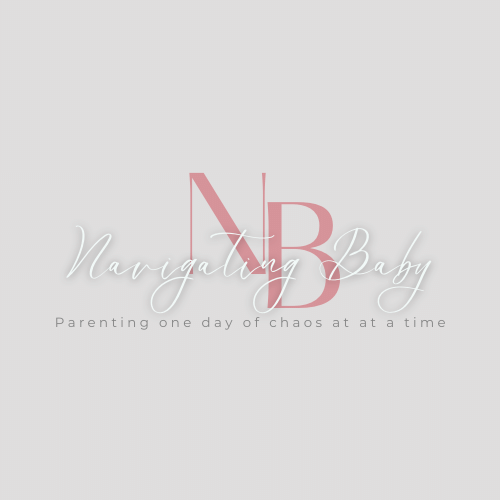

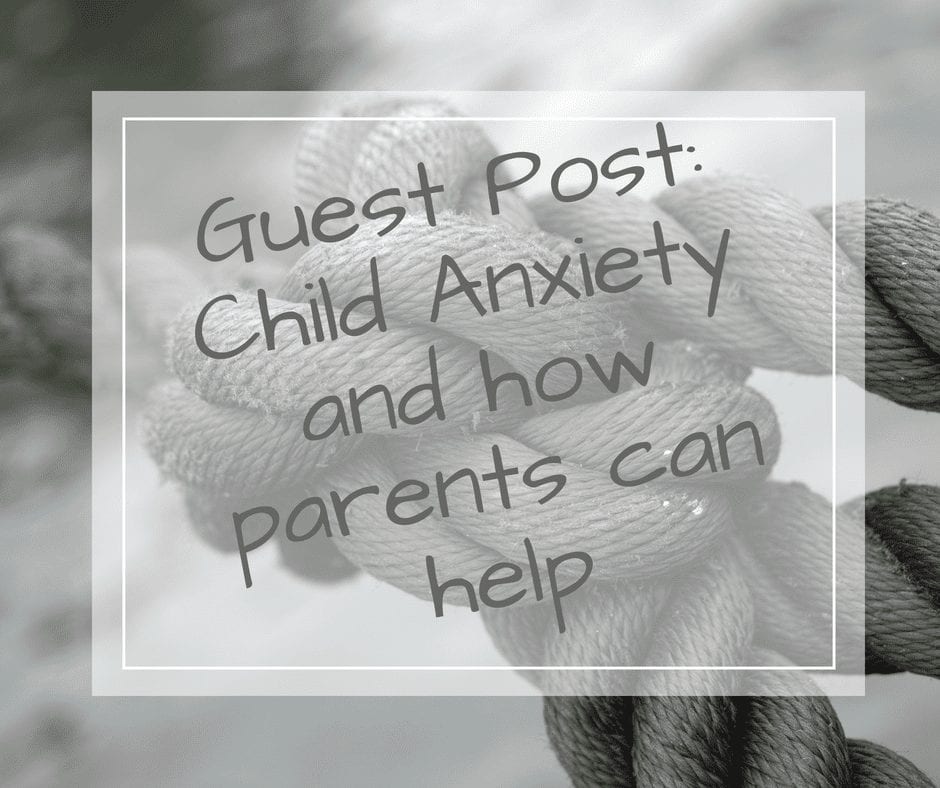
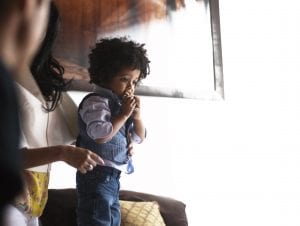
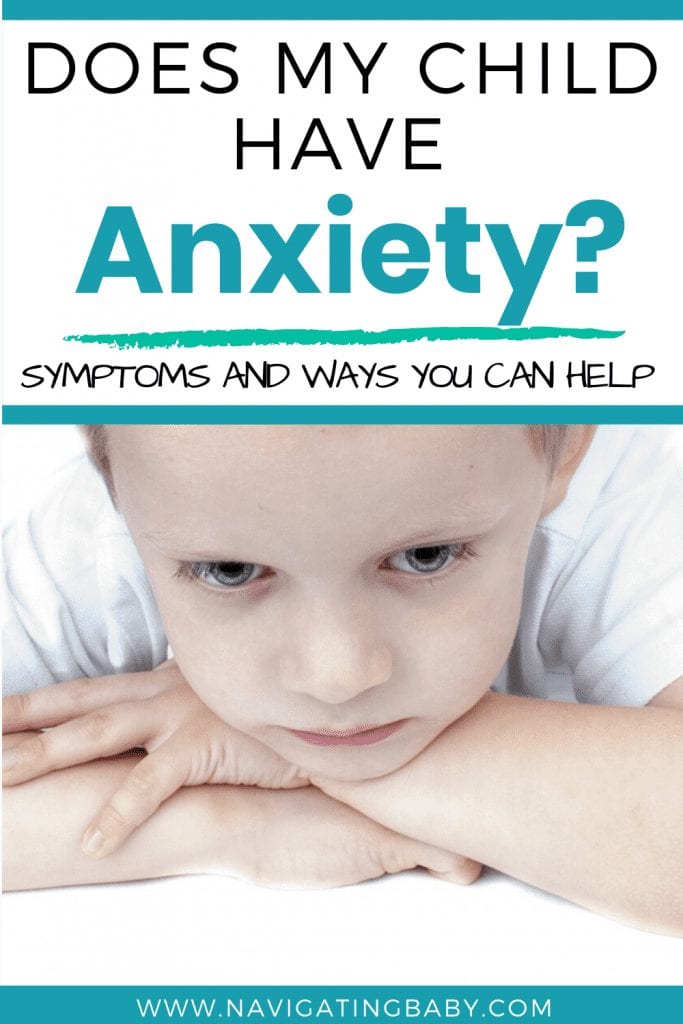
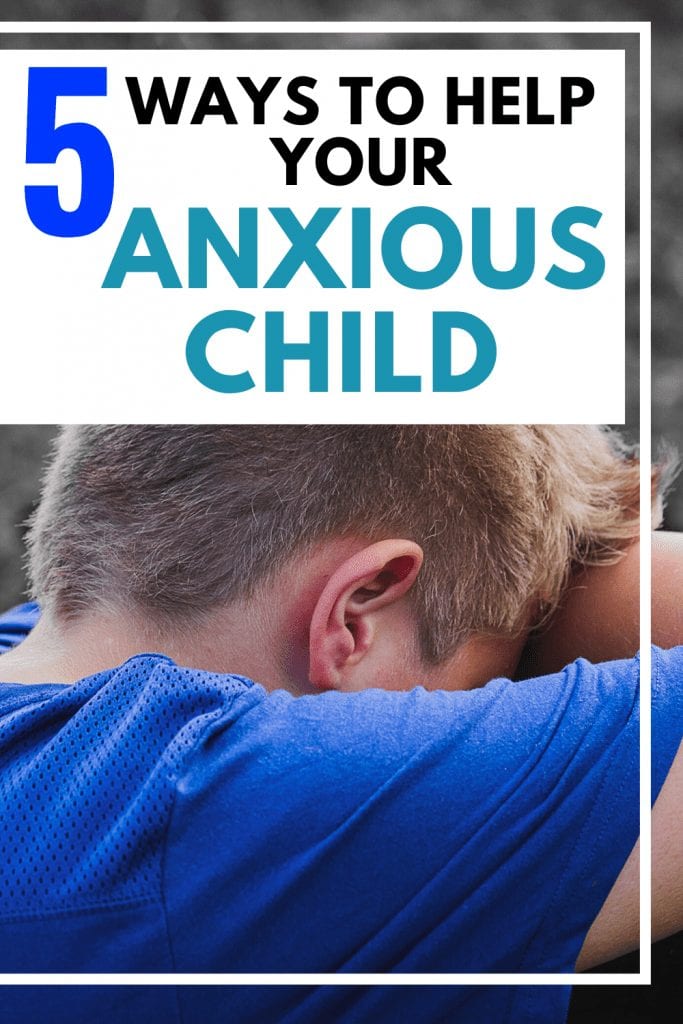


IT SURPRISES ME that people wouldn’t believe this is a condition. It is in adults so why wouldn’t children suffer too. That’s madness!
#globalblogging
Anxiety can be crppling irrespective of age. As a society, we tend to think that children don’t know their own minds and need to grow out of things but this fails to take into consideration their genuine problems. Thanks for linking up with #globalblogging
Thanks for hosting